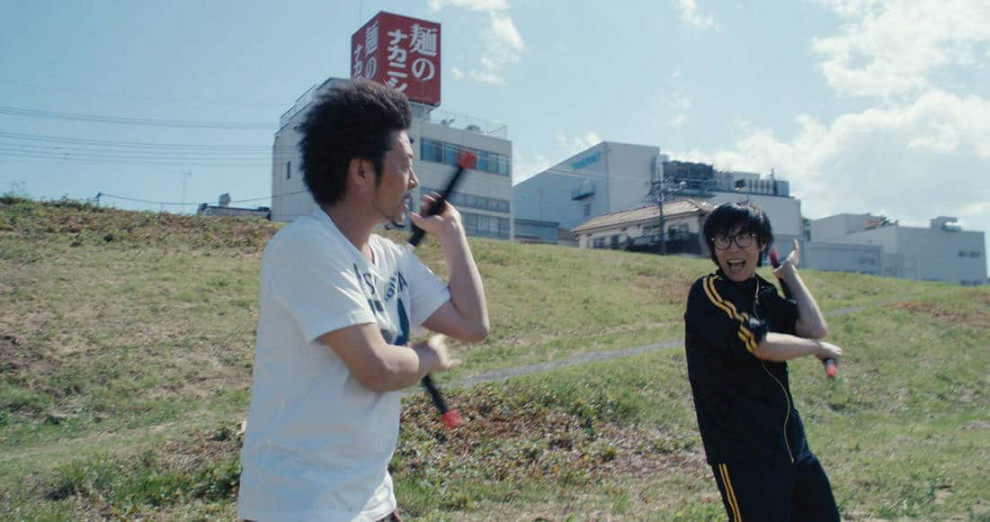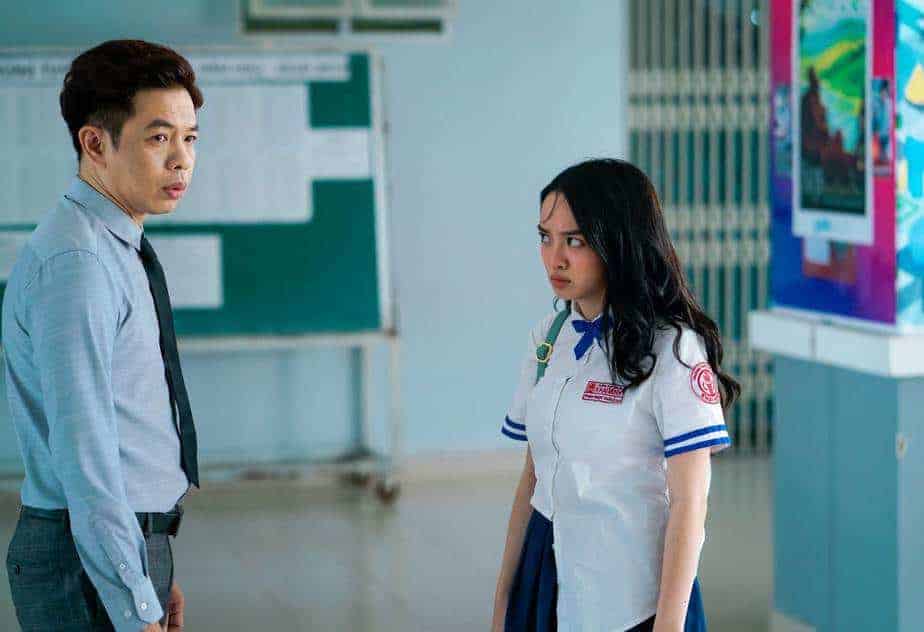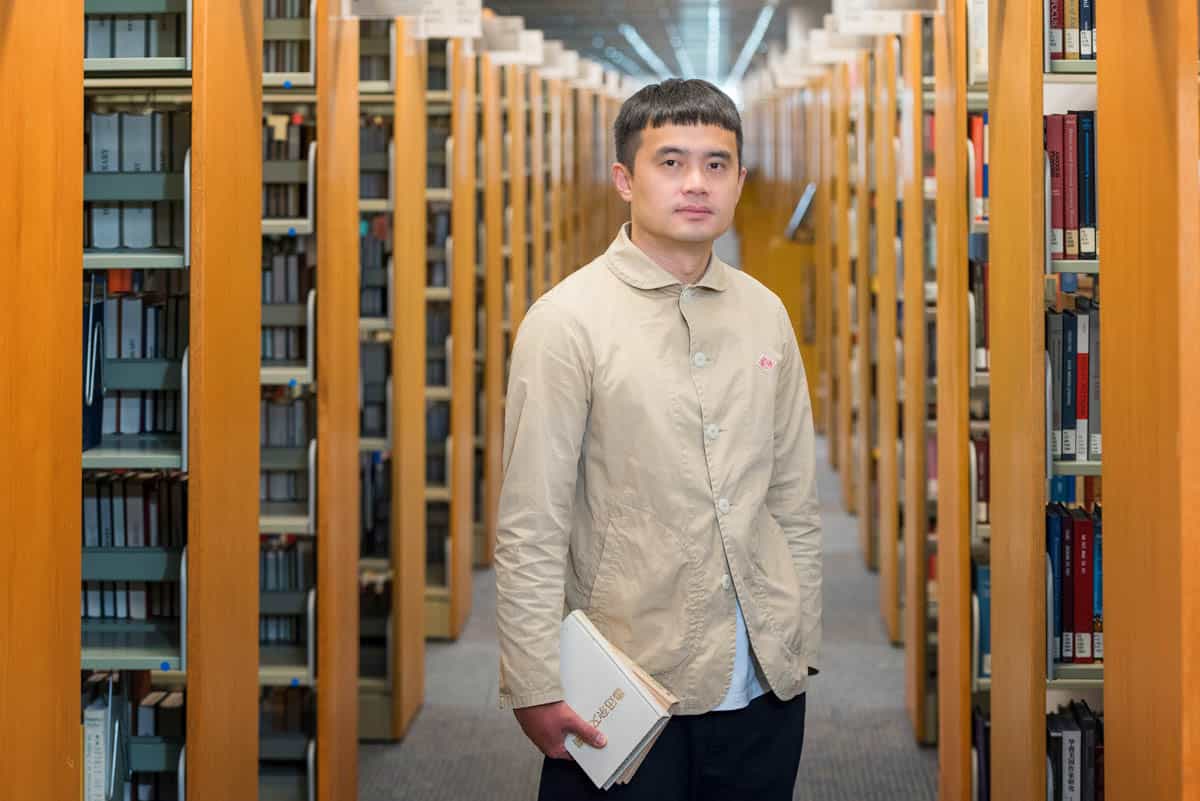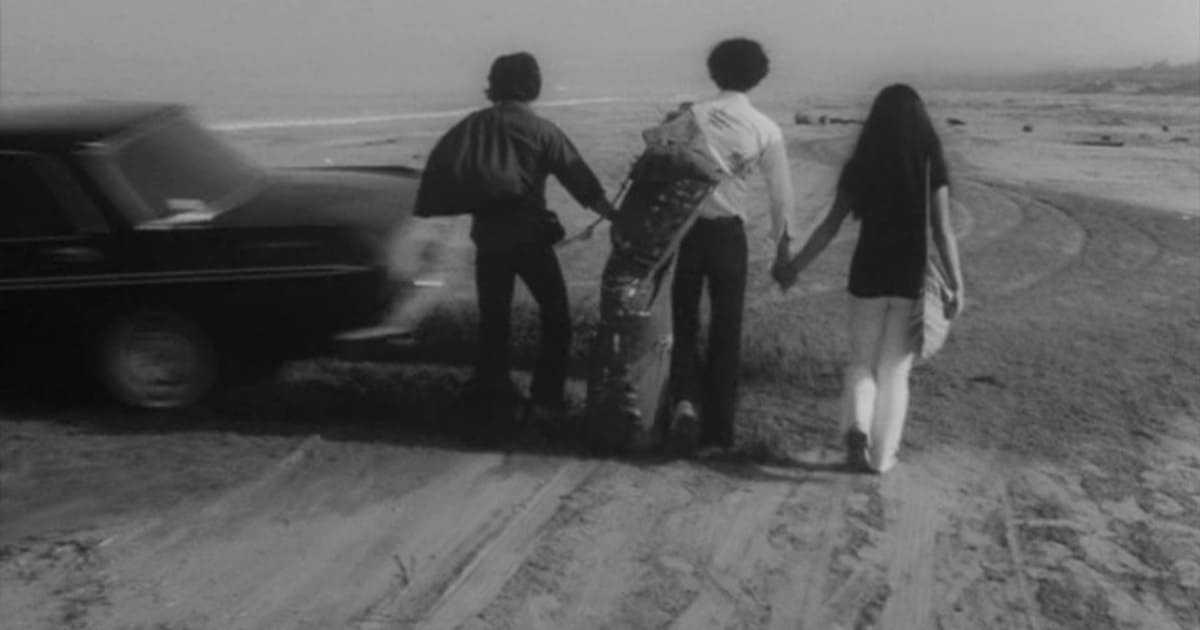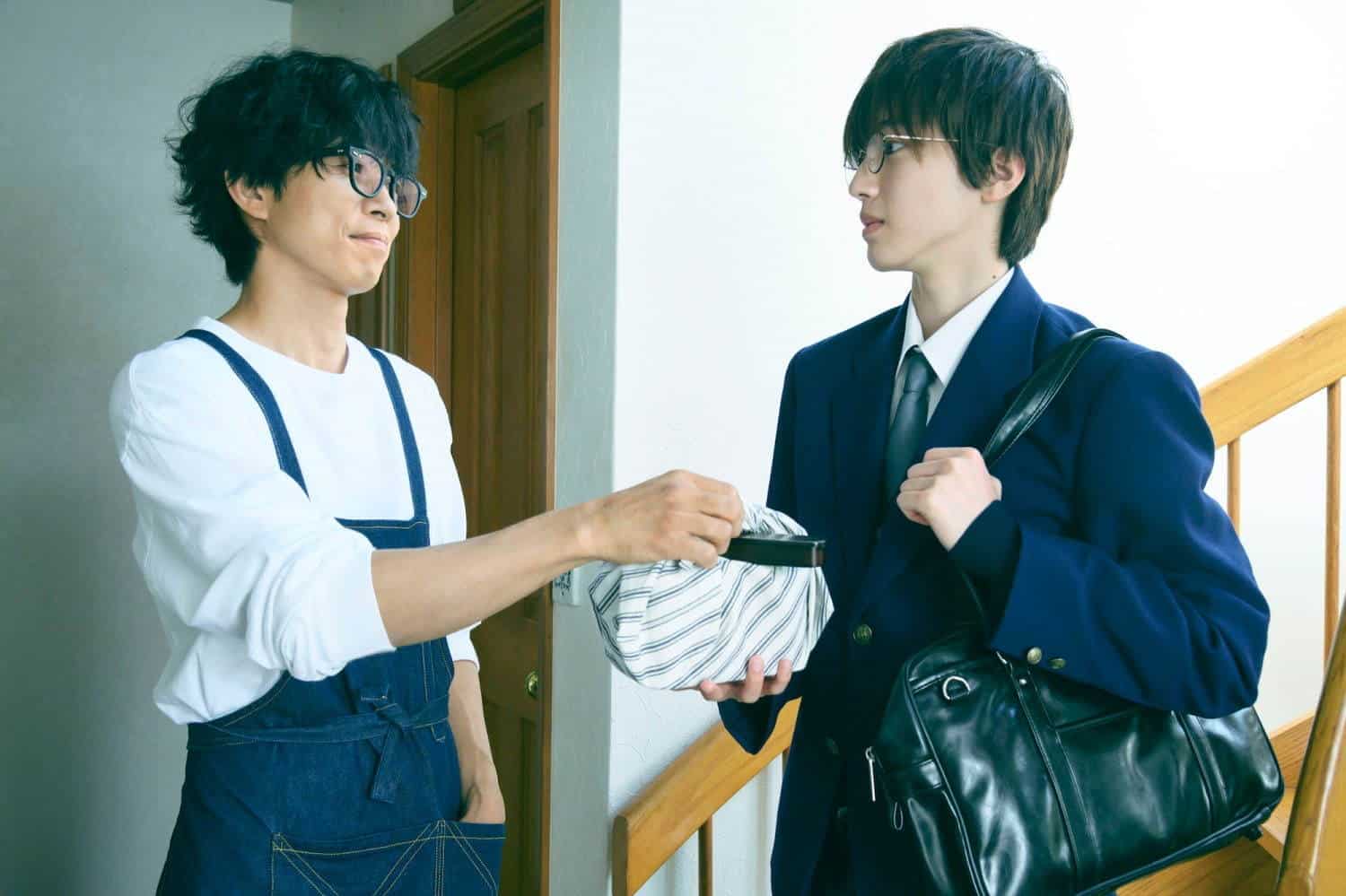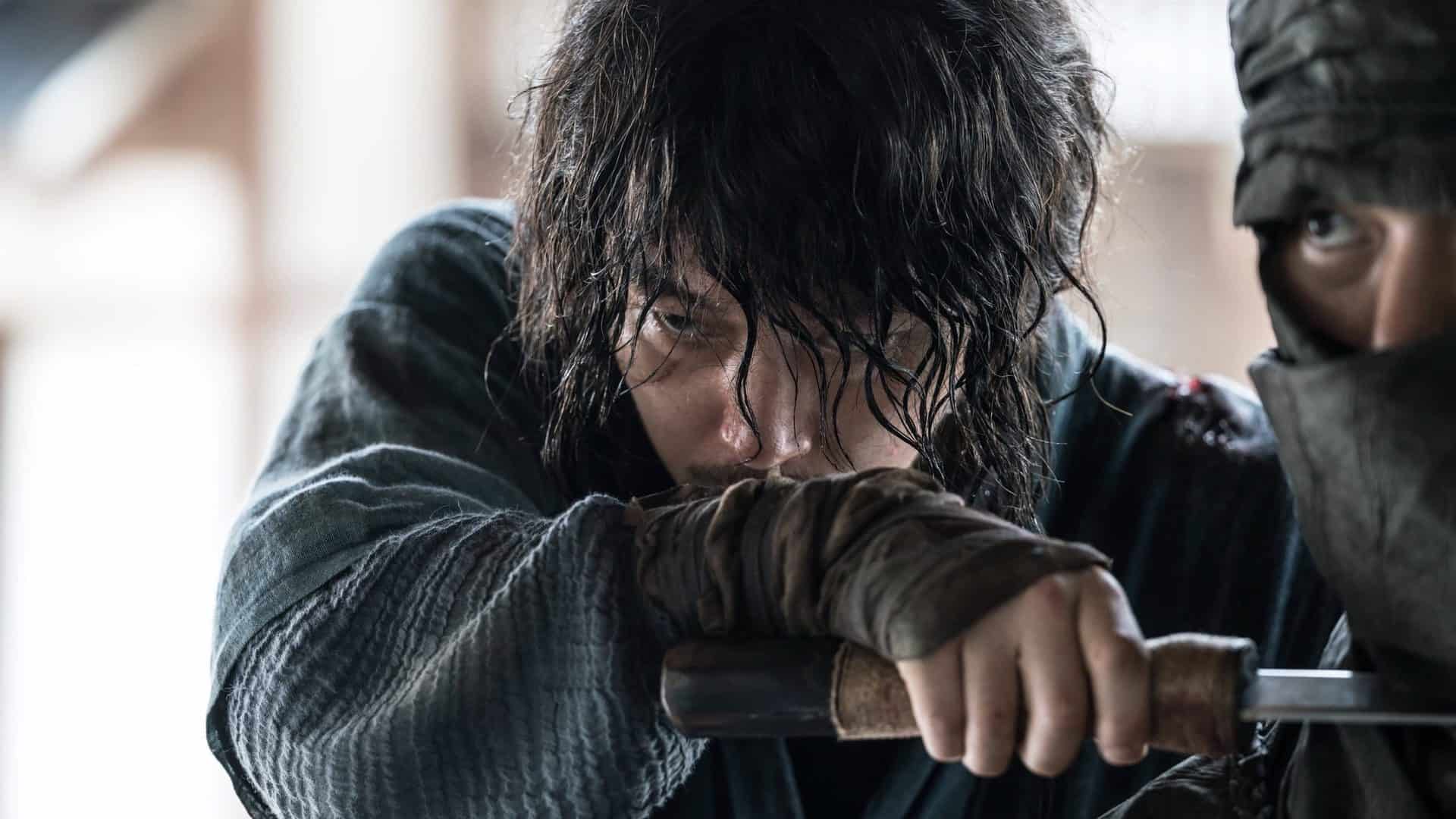Akiyoshi Koba's martial arts dance frenzy “Nunchaku and Soul” aims at the quiet undertones.
Nunchaku and Soul is screening at Osaka Asian Film Festival

Numata is a shy, bespectacled middle-aged restaurant manager. Since his childhood, he has been obsessed with Nunchakus. At a dating event, he meets Reiko who leads him to attend a dance class. Although Numata does not know how to dance, he wants to join in a dance contest to win her heart.
Soma (or Soul) is the lead singer of a funk band that is about to break-up after 10 years. His band members are too busy with their regular lives, while Soma's a failure. As he is facing leaving the stage forever, one of his friends, who happens to be the cook in Numata's restaurant, introduces him as his new dancing coach. Numata and Soma both get the chance to reboot their lives by participating in the dance contest and overcome their problems.
“Nunchaku and Soul” is all about conveying a positive message. “Life is nothing to complain about”, says one of the protagonists and summons up the spirit of the film. The story takes some time to get on track. The introduction of Numata as a nerdy character begins with a follow-up of somewhat cringy comedy sequences that do not contribute much to the overall plotline.
Numata is played by Masahiro Kuroki (“Return of Mizuno” 2016). He overacts the unsocial aspect of his role and turns Numata into a comical character. This wouldn't be a problem and is also pretty common among comedies, but the film does not emphasize it to an absurd level. That's why the exaggerated trifle gets stuck halfway. Koba could have been more courageous by putting the ridiculousness up a notch. He rather decides to show a softened down version of what could have been another over the top knee-slapper a la “Top Knot Detective” (2016). But the story appeals more on an emotional level, dealing with childhood trauma and family reunion.
Koba's independent feature entails a lot of potentials. You can see that the crew was open to trying out different ways of shooting the scenes, not scaring away from difficult techniques like point-of-view shots and long takes. “Nunchaku and Soul” bears a creative cinematographic approach. Also, the dialogue holds some laughs for the audience. The ambitious project delivers a positive message about self-confidence and the individual qualities inside every one of us.
Depending heavily on the aspect of dance lessons, one cannot omit the comparison to Masayuki Suo's “Shall we dansu?” (1996). I think Koba did even pay tribute to it by adding the character of Suwa, an aging Casanova at the dance studio, who reminds me of Naoto Takenaka's hilarious role as Aoki. Of course, the comparison is a little unfair concerning the production values, but “Nunchaku and Soul” is missing the finesse and the sense of humor of Suo's movie.
On its own, “Nunchaku and Soul” is a heart-warming comedy drama. It strengthens our faith in mankind by showing us a happy end and a rehabilitated main protagonist. Numata is not shown as a pure outsider but also functions as a teacher. In exchange with Soma he can display his abilities with the Nunchakus and gets a lesson in self-confidence in return.


